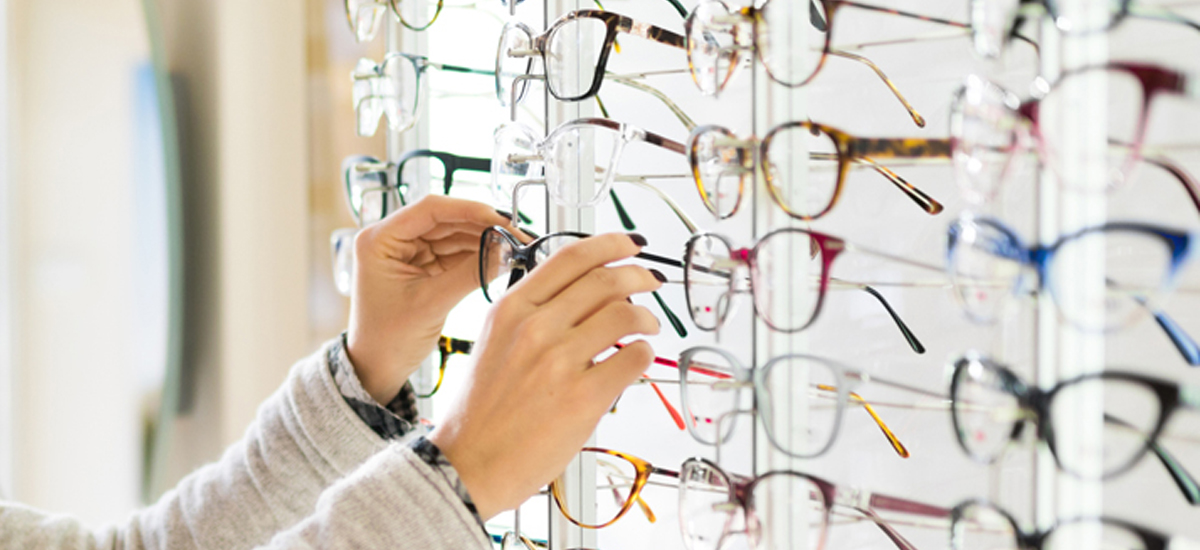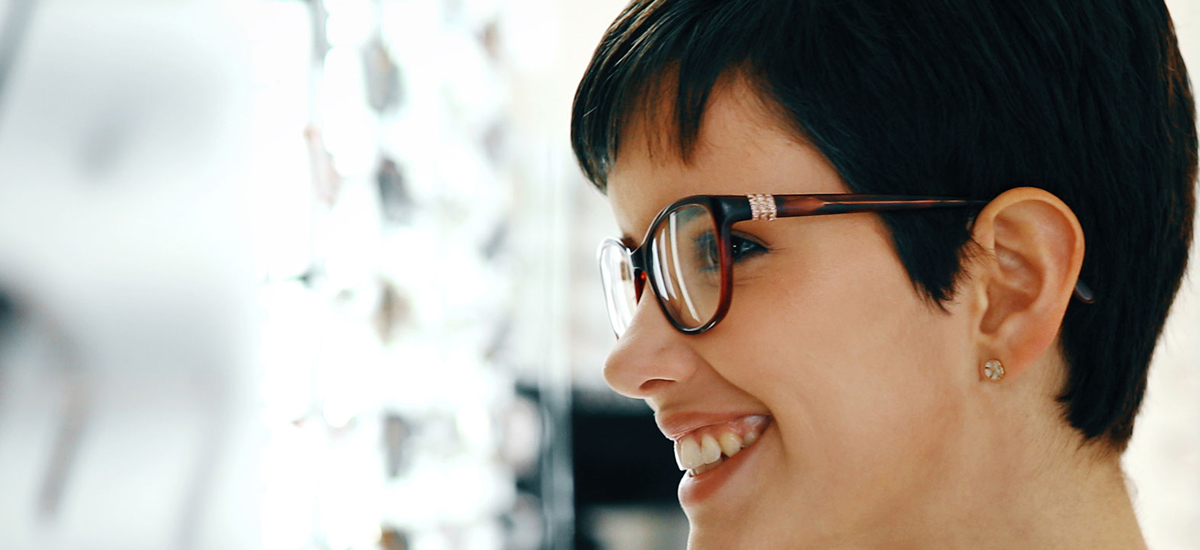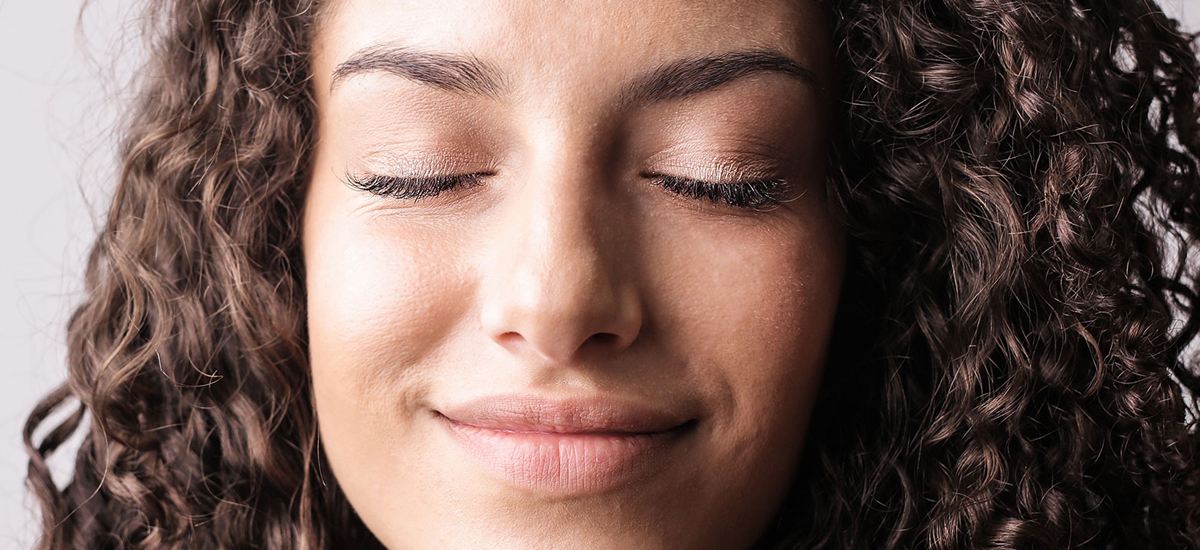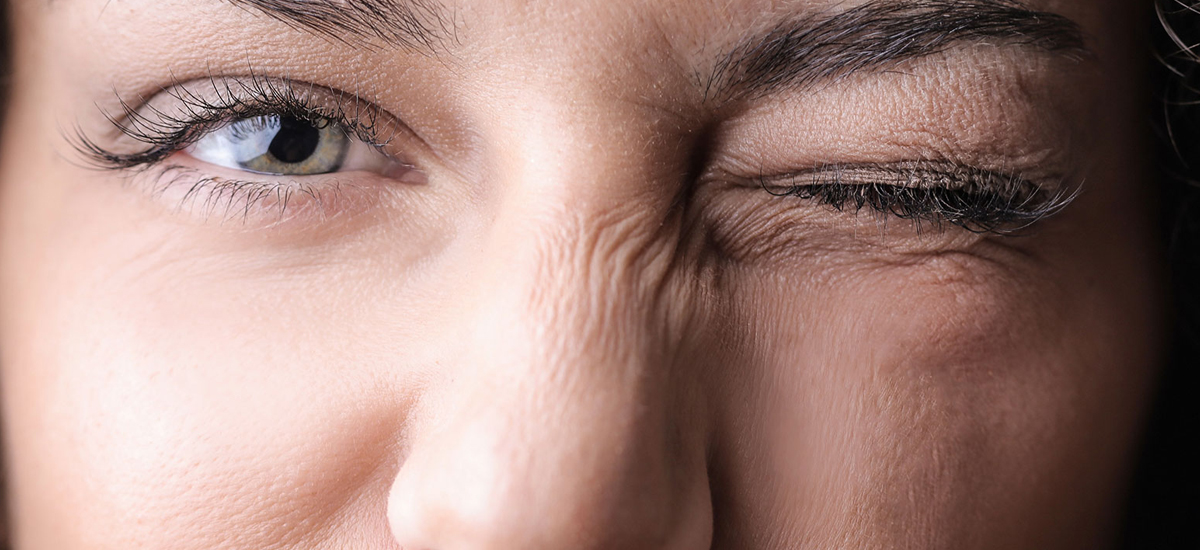Tag: Eyeglasses
-
Is There Such a Thing as No-Line Bifocals?
 Do you ever find yourself keeping a distance between your favorite book and your face? Perhaps, your eyes feel tired after working on a close-up project for long periods. If this sounds like you, you might have presbyopia, a refractive error that’s common in adults over age 40.
A comprehensive eye exam is vital to diagnose presbyopia, and
Read more...
Do you ever find yourself keeping a distance between your favorite book and your face? Perhaps, your eyes feel tired after working on a close-up project for long periods. If this sounds like you, you might have presbyopia, a refractive error that’s common in adults over age 40.
A comprehensive eye exam is vital to diagnose presbyopia, and
Read more...
-
Is 20/10 Vision Good?
 Your visual acuity can affect many things in your life, from how you perceive images to how close you need to be to see them in the first place. Eye doctors use 20/20 vision as a standard for the average person’s vision, and when performing a comprehensive eye exam on your eyes, they’ll use it for you, too.
With 20/20 vision being a baseline,
Read more...
Your visual acuity can affect many things in your life, from how you perceive images to how close you need to be to see them in the first place. Eye doctors use 20/20 vision as a standard for the average person’s vision, and when performing a comprehensive eye exam on your eyes, they’ll use it for you, too.
With 20/20 vision being a baseline,
Read more...
-
What Are the Best Nutrients for Eyesight Improvement?
 The older you get, you may be at a higher risk for vision loss due to age-related eye diseases. For this reason, preventive eye care steps are essential. Our suggestion? Turn to your diet first and foremost.
Just as your eating choices can affect your body, they can impact your ocular health, too. Let’s examine some of the best nutrients
Read more...
The older you get, you may be at a higher risk for vision loss due to age-related eye diseases. For this reason, preventive eye care steps are essential. Our suggestion? Turn to your diet first and foremost.
Just as your eating choices can affect your body, they can impact your ocular health, too. Let’s examine some of the best nutrients
Read more...
-
Do I Need Glasses for 20/30 Vision?
 Is it ever challenging for you to see? If so, an eye exam is in order. One of the things your eye doctor will do is a visual acuity test. That will tell them–and you–if you need glasses.
Let’s say you had 20/20 vision at your last eye exam. This is standard vision, which means that you could clearly say what most other people could at a
Read more...
Is it ever challenging for you to see? If so, an eye exam is in order. One of the things your eye doctor will do is a visual acuity test. That will tell them–and you–if you need glasses.
Let’s say you had 20/20 vision at your last eye exam. This is standard vision, which means that you could clearly say what most other people could at a
Read more...
-
What Does 20/30 Vision Mean?
 The chances are you’ve heard about 20/20 vision. It’s what most people hope for when going in for an eye exam, thinking that if you have 20/20 vision, you have no eye problems and have no need for glasses.
Contrary to popular belief, though, 20/20 vision doesn’t necessarily mean your eyesight is perfect. Technically, it’s the average
Read more...
The chances are you’ve heard about 20/20 vision. It’s what most people hope for when going in for an eye exam, thinking that if you have 20/20 vision, you have no eye problems and have no need for glasses.
Contrary to popular belief, though, 20/20 vision doesn’t necessarily mean your eyesight is perfect. Technically, it’s the average
Read more...
-
Does Wearing Glasses Improve Eyesight?
 If you ask us, glasses are one of the world’s best inventions. They can make someone with poor vision see crystal clear, help people who struggle to see far away, safeguard your eyes from ultraviolet light, and even protect your eyes from the damaging effects of blue light.
Most prescriptions are good for at least a year, but your vision
Read more...
If you ask us, glasses are one of the world’s best inventions. They can make someone with poor vision see crystal clear, help people who struggle to see far away, safeguard your eyes from ultraviolet light, and even protect your eyes from the damaging effects of blue light.
Most prescriptions are good for at least a year, but your vision
Read more...
-
Does Wearing Glasses Make Your Eyes Smaller?
 Did your eye doctor tell you that you need glasses for a refractive error? Don’t worry. Corrective eyewear can clear up your vision and alleviate many uncomfortable symptoms, such as blurry vision and eye fatigue.
In fact, prescription lenses may be just what you need to get your vision back on the right track. But does wearing glasses make your
Read more...
Did your eye doctor tell you that you need glasses for a refractive error? Don’t worry. Corrective eyewear can clear up your vision and alleviate many uncomfortable symptoms, such as blurry vision and eye fatigue.
In fact, prescription lenses may be just what you need to get your vision back on the right track. But does wearing glasses make your
Read more...
-
How to Take Care of Your Eyes After 40
 Did you know you have a higher likelihood of eye issues after you turn 40? Vision complications may arise if you have one of these conditions:
Age-related macular degeneration (AMD) or glaucoma in your family
Diabetes
High blood pressure
Other medical issues that require prescription medicine
During your 40s, your eye lenses might
Read more...
Did you know you have a higher likelihood of eye issues after you turn 40? Vision complications may arise if you have one of these conditions:
Age-related macular degeneration (AMD) or glaucoma in your family
Diabetes
High blood pressure
Other medical issues that require prescription medicine
During your 40s, your eye lenses might
Read more...
-
Why Is It Important to Take Care of Your Eyes?
 Taking care of your eyes involves a lot more than just getting the right pair of corrective lenses. To maximize your vision, you should understand the importance of eyes and the steps on how to take care of your eyes daily.
Why is it important to take care of your eyes? Let’s explore.
Why is it important to take care of your eyes?
Read more...
Taking care of your eyes involves a lot more than just getting the right pair of corrective lenses. To maximize your vision, you should understand the importance of eyes and the steps on how to take care of your eyes daily.
Why is it important to take care of your eyes? Let’s explore.
Why is it important to take care of your eyes?
Read more...
-
Do I Need Glasses If One Eye Is Blurry?
 Blurry vision can affect anyone, even children. Sometimes, it can occur due to a refractive error, such as astigmatism, hyperopia, myopia, or presbyopia. Other times, it may signify a more severe eye condition.
More often than not, prescription lenses are a simple solution for blurry vision. They can correct the way your eyes direct light to the
Read more...
Blurry vision can affect anyone, even children. Sometimes, it can occur due to a refractive error, such as astigmatism, hyperopia, myopia, or presbyopia. Other times, it may signify a more severe eye condition.
More often than not, prescription lenses are a simple solution for blurry vision. They can correct the way your eyes direct light to the
Read more...







